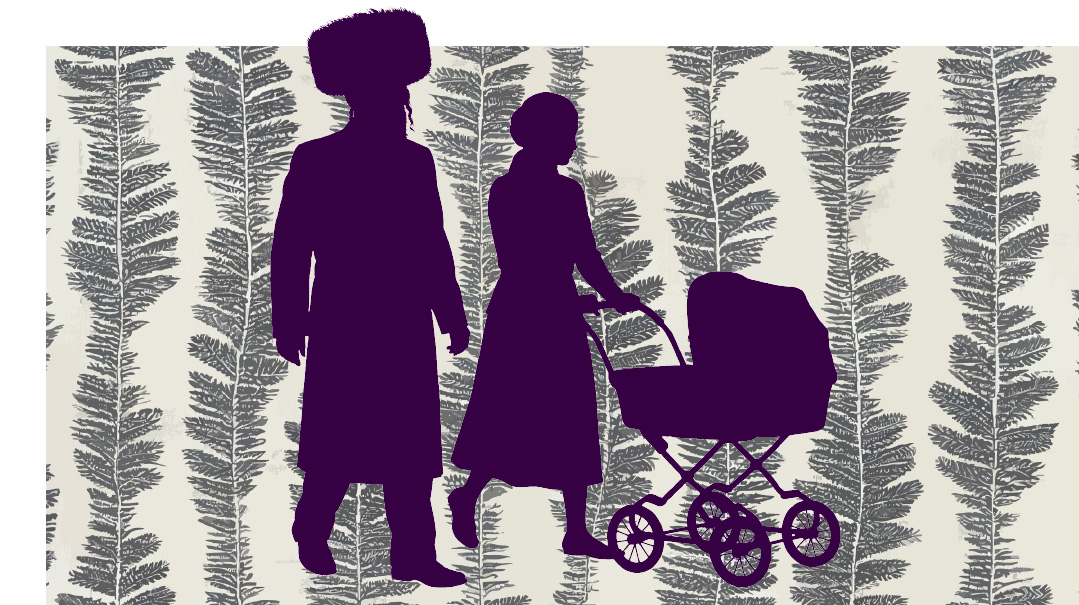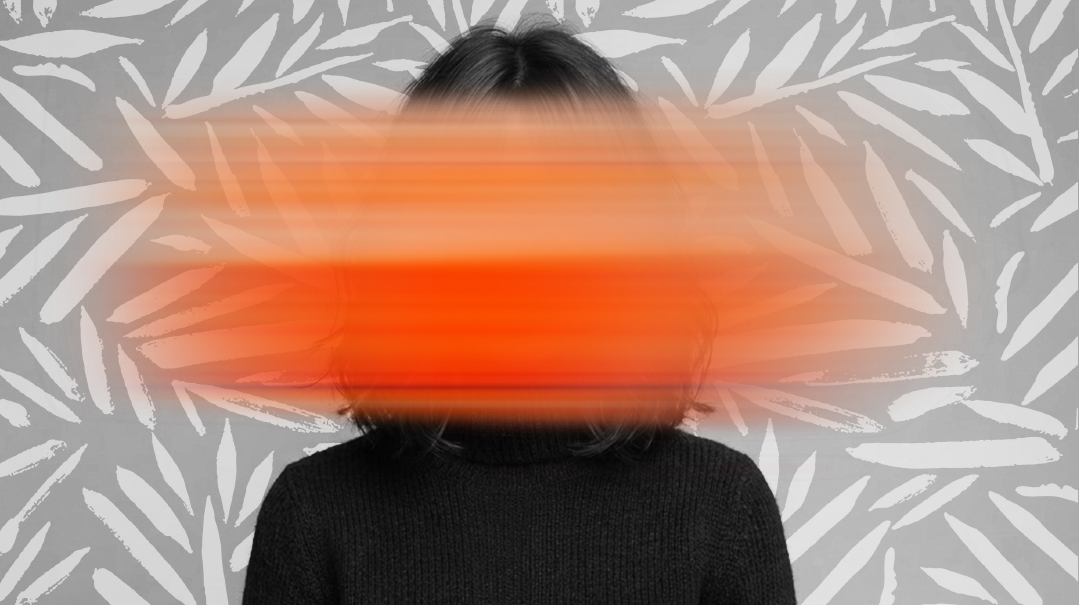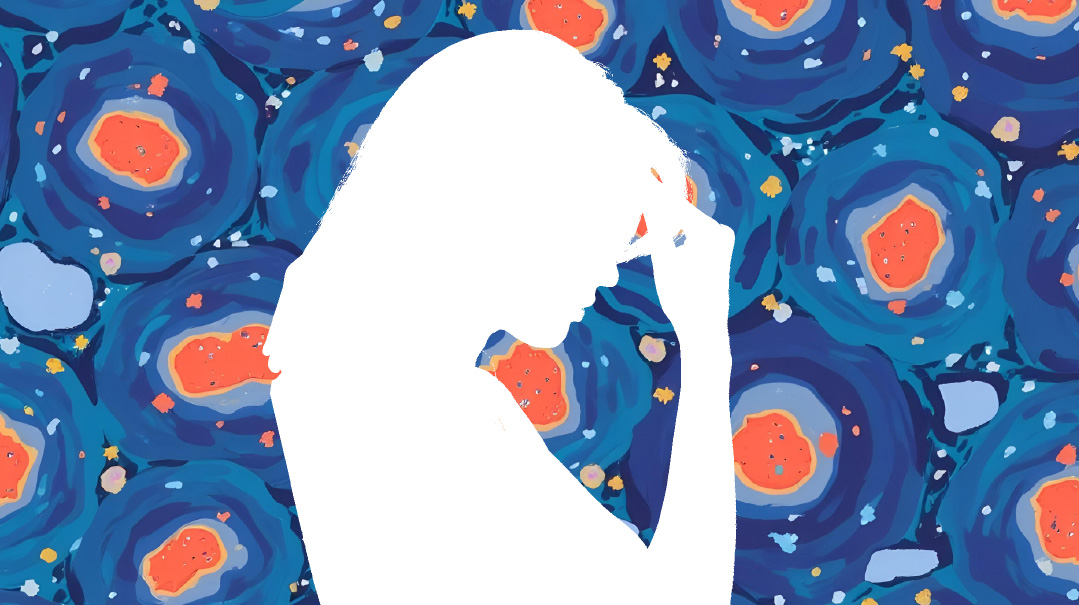Nurse During Covid-19

As a nurse in a COVID ward, I see misery — and hope, compassion, and miracles
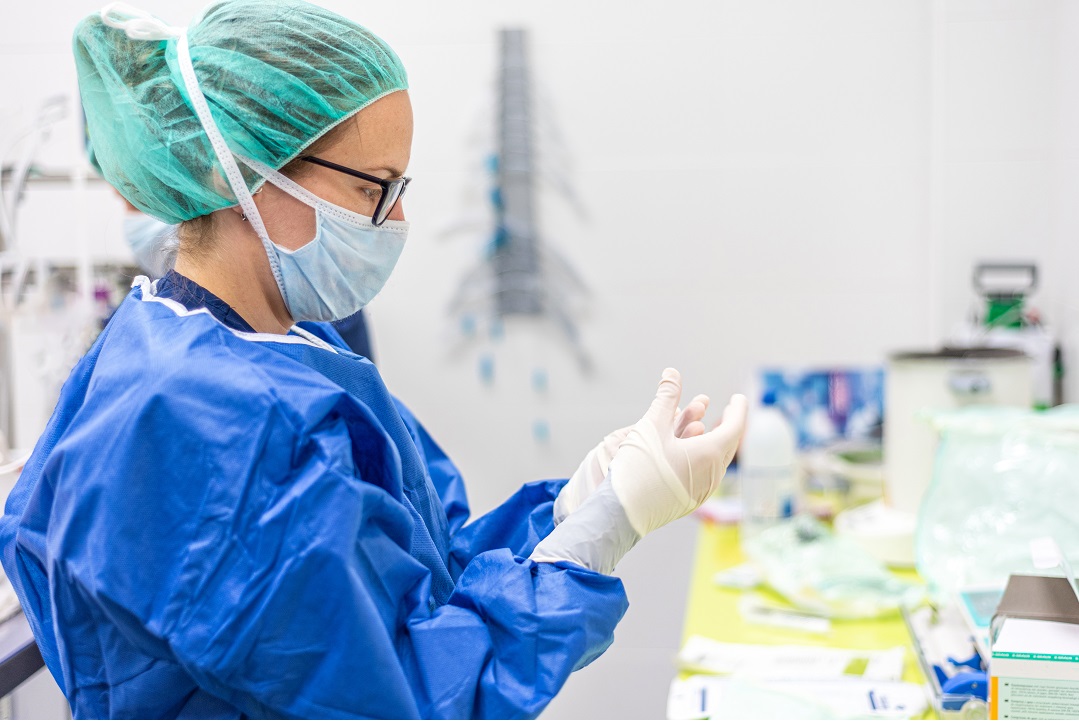
Sarah Roberts, RN
W
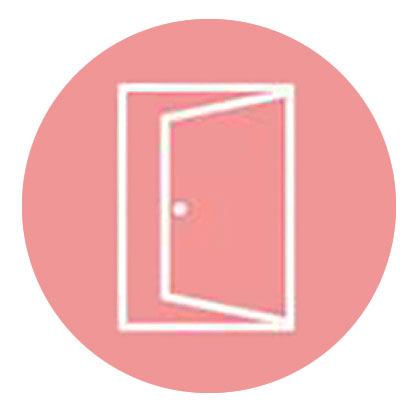
COVID has changed a lot for everyone, especially for those in health care. We’ve been unexpectedly thrust front- and center-stage in this new production. We’ve been cast as heroes. And we are being celebrated as such, with free coffee and donuts, jet fighter flyovers and dedicated Dove commercials.
But we didn’t ask for a starring role, and definitely not in this horrific play that has no last scene in sight. As the initial adrenaline wears off, we’re left with only fatigue and despair. Being put on a pedestal means we’re valued — but also set apart, distant.
For those of us actively treating COVID patients, the psychological trauma is overwhelming. We’re bearing witness to so much sickness and death, much of it unexpected, without the time or resources to process it. We’re flying blind in the face of the unknown; we have long touted evidence-based medicine as our modus operandi, but should we do when there’s no evidence to rely upon? We are the clinical trials.
It’s disconcerting to recognize that while we’re doing the best we can with the knowledge we currently have, perhaps in coming months we’ll learn things that could have improved patient care. In the few short months we’ve been dealing with the coronavirus, we’ve already changed our protocols as we slowly learn the nature of this beast.
And on the most basic level, we’re scared of getting this terrible disease whose twisted workings we witness daily, and we’re even more scared of bringing it home to our loved ones. We feel vulnerable when there are ever-changing guidelines on protection, mostly as protective equipment runs short.
There’s also the physical toll we often don’t notice until our shift is over: the ever-present headache from masks that tug at our ears; the skin breakdown on our noses, a gift of the N95 masks; the sweaty heat of our personal protective equipment that simultaneously protects us and steams us alive. We almost crave that discomfort because it reassures us that we’re being protected.
There are the shifts during which we go hours without eating and drinking and relieving ourselves, because, as always, we put our patients first.
But all this, we can handle. Our teams are incredibly resilient, and we’ve come together to support each other. COVID is strong but we are stronger, we tell one another. Like the many memes that circulate these days, we try to find humor in the most unhumorous situations.
We give each other breaks. We pick up extra shifts so we’re adequately staffed. We’re buoyed by those who send in food and goodies, not from the calories or the sugar rush but from the support and good wishes that underlie those gifts.
The one thing that hurts us most, that we don’t know how to handle, is the accusation that nurses are neglecting — or, worse, hurting — their patients. There’s nothing further from the truth. Accusations like these frustrate and infuriate those of us who are exhausting ourselves to help our patients survive this pandemic.
I imagine much of this comes from a place of pain. It’s scary and sad to have loved ones in the hospital with their lives hanging in the balance, and it’s worse when you can’t be there at the bedside. People need a hook upon which to hang their hurt, and I guess we’re available targets.
I also know that many accusations are based on a perspective born of medical ignorance. It’s true that we cannot directly feed intubated patients, and we avoid feeding in those whose situation is tenuous, for their protection. But that’s not to say they aren’t getting nutrition or hydration — we can give that through IVs and feeding tubes.
We’re killing patients by putting them on ventilators? Well, yes, more intubated patients die. But that’s because only the sickest patients — those most likely to die — are put on ventilators. Ventilators are a rescue treatment, our last ditch effort to stop those who are actively trying to die. Ventilators don’t kill people much in the way that CPR doesn’t kill people. And as our knowledge of the coronavirus grows, we’re learning more effective ways to use ventilators to save some of these patients.
The claim that patients are being tortured? Unfortunately, putting in IVs hurts, drawing blood hurts, and arterial sticks are even worse. We bother patients all hours of the night with tight blood pressure cuffs, and we disturb their sleep hourly. Intubation is miserable beyond words. We wish we could keep your loved ones safe with only gentle touch and loving words. We provide those, too, to temper the painful interventions we must use to monitor illness and heal — but alone, they aren’t enough. When it comes down to it, a hospital cannot be a hotel. It may be miserable. It will be worse during a pandemic. But we’ll do everything we can to save lives.
It’s not all misery, though. We continue to come to work because it’s our job, but also because there’s hope, there’s encouragement, and there are miracles. Let me show you the beauty I’ve seen in being a COVID nurse.
The frum nursing organization where nurses share information about patients who need a visit, a package, or Vidui. The non-Jewish nurse who noticed the numbers tattooed on her patient’s arm, and called all the Jewish nurses she knew to learn where she could find Jewish music that might bolster her patient. The patient who was discharged on his wedding anniversary; that day he saw his wife for the first time in five weeks. The young patient we all thought would die, who was intubated three times, and who is now leaving rehab.
The nurse who sent her daughter to the supermarket to buy a razor for the patient who asked to shave. The staff that turns on music and dances as their patient leaves the ICU. The mural being painted to memorialize every COVID patient in an ICU, those who die and those who live. The hundreds of staff who line the hallways to cheer every time a COVID patient is discharged. Because every patient success, big and small, becomes our personal victory.
We most appreciate:
When you follow social distancing guidelines, because this means we won’t get as overwhelmed with sick patients. When the hospital system is overwhelmed, additional lives will be lost, no matter how well we do our jobs. Please, take this seriously and socially distance as if your life depends on it. It does.
What you may not realize:
The families of health-care providers feel the strain too. Children of those on the frontlines may feel anxiety about their parent. Spouses have to pick up even more slack at home with nurses taking extra shifts and dealing with a psychological burden. It’s also hard to keep kids quiet all day while stuck at home so that their mother can sleep before/after a taxing shift.
I get frustrated when:
People assume we’re not actively looking for the best way to treat our patients. The medical community is open to hearing and learning about new options, but in all likelihood, the “treatment” you read about on a blog or social media is already being considered or has been found ineffective. All of us are seeking ways to stamp out this virus. No one wants to master this beast more than we do.
A little thanks goes a long way:
You can’t imagine how meaningful small tokens of appreciation are. Our breakrooms are full of cheerful thank you cards from local children. Have your kids color cards of appreciation for Hatzolah, first responders, and hospital staff. In addition to entertaining your kids for an hour, this will go a long way in lifting our spirits, and can foster better community relations.
(Originally featured in Family First, Issue 693)
Oops! We could not locate your form.





